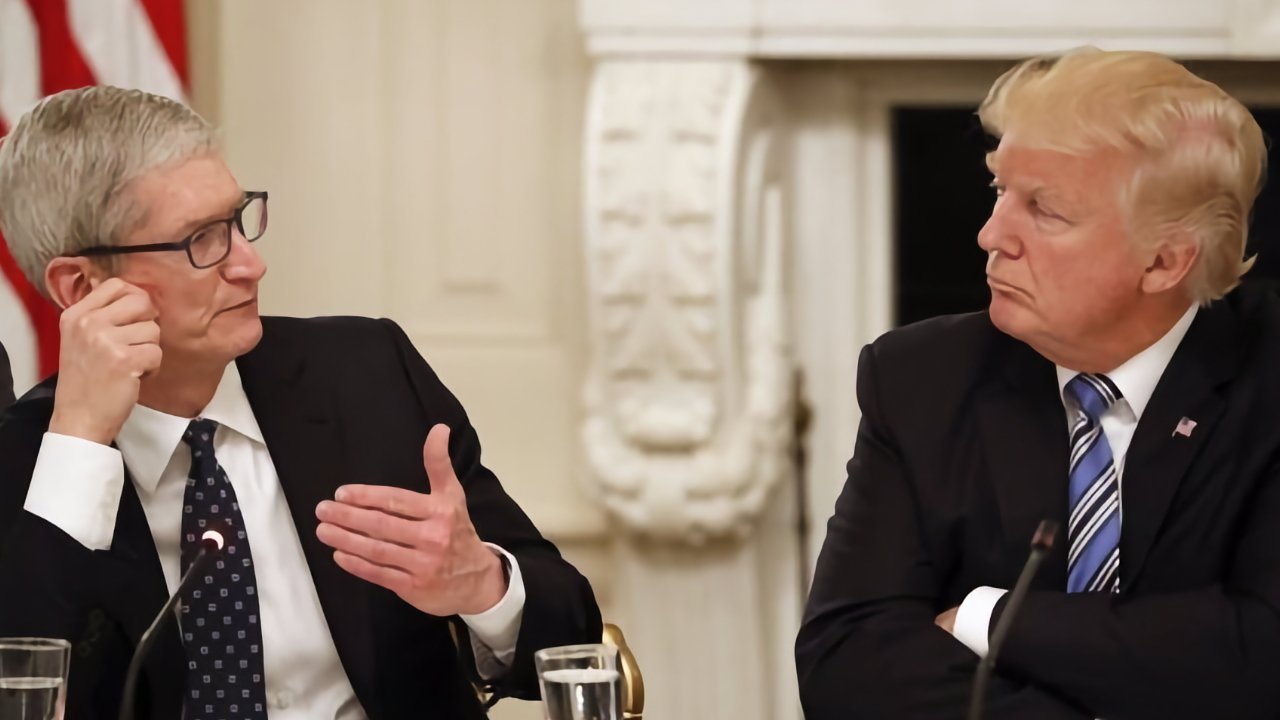In a significant escalation of trade tensions, President Donald Trump has announced a substantial increase in tariffs on Chinese imports, raising them to 125%. Simultaneously, he has declared a 90-day pause on new tariffs for most other trading partners, aiming to stabilize global markets and open avenues for negotiation.
Background and Context
The U.S.-China trade war has been a focal point of global economic discourse, with both nations imposing successive rounds of tariffs on each other’s goods. The United States has consistently expressed concerns over China’s trade practices, including allegations of intellectual property theft and unfair subsidies to domestic industries. In response, China has accused the U.S. of protectionism and has implemented retaliatory tariffs on American products.
Details of the Announcement
On April 9, 2025, President Trump took to social media to announce the immediate increase of tariffs on Chinese imports to 125%. He cited a lack of respect from China towards global trade norms as the primary reason for this escalation. This move follows a previous increase to 104%, indicating a rapid intensification of trade measures against China.
Concurrently, President Trump declared a 90-day pause on new tariffs for over 75 other countries that have engaged in negotiations with the U.S. During this period, a reduced reciprocal tariff rate of 10% will be applied. This pause is intended to provide a window for diplomatic discussions aimed at resolving trade disputes and fostering more balanced trade relationships.
Market Reactions
The financial markets responded positively to the announcement of the tariff pause. The Nasdaq experienced a 7% surge, while the Dow Jones Industrial Average climbed by 2,000 points. Apple Inc., which had been under pressure due to the escalating trade tensions, saw its stock price increase by 11.28% following the news. This uptick reflects investor optimism that the pause may lead to more stable trade relations and reduced uncertainty in the global market.
Implications for the Tech Industry
The tech industry, particularly companies like Apple that have significant manufacturing operations in China, is closely monitoring these developments. The increased tariffs on Chinese imports could lead to higher production costs, which may be passed on to consumers. However, the 90-day pause offers a temporary reprieve and an opportunity for companies to adjust their supply chains or seek alternative solutions.
International Responses
China has yet to respond to the latest tariff increase. Historically, China has implemented reciprocal tariffs in response to U.S. actions, raising concerns about a potential further escalation in the trade war. Other nations included in the 90-day pause have expressed cautious optimism, viewing it as a chance to negotiate more favorable trade terms with the United States.
Economic Analysis
Economists are divided on the long-term impact of these trade measures. Some argue that the increased tariffs on China could incentivize domestic production and reduce the trade deficit. Others warn that prolonged trade tensions may disrupt global supply chains, increase costs for consumers, and potentially slow economic growth. The 90-day pause is seen as a critical period that could either lead to resolutions or further complications, depending on the outcomes of the negotiations.
Conclusion
President Trump’s decision to escalate tariffs on Chinese imports while pausing new tariffs for other nations marks a pivotal moment in international trade relations. The coming months will be crucial in determining whether these measures will lead to more balanced trade agreements or further intensify global economic tensions. Stakeholders across industries and governments will be closely watching the developments and preparing for various potential outcomes.



